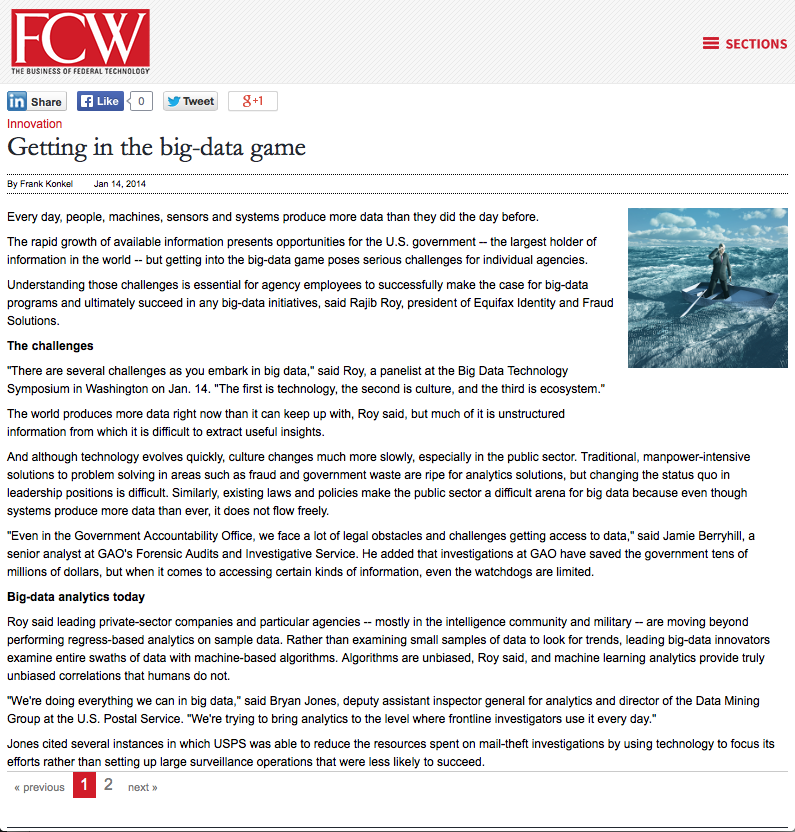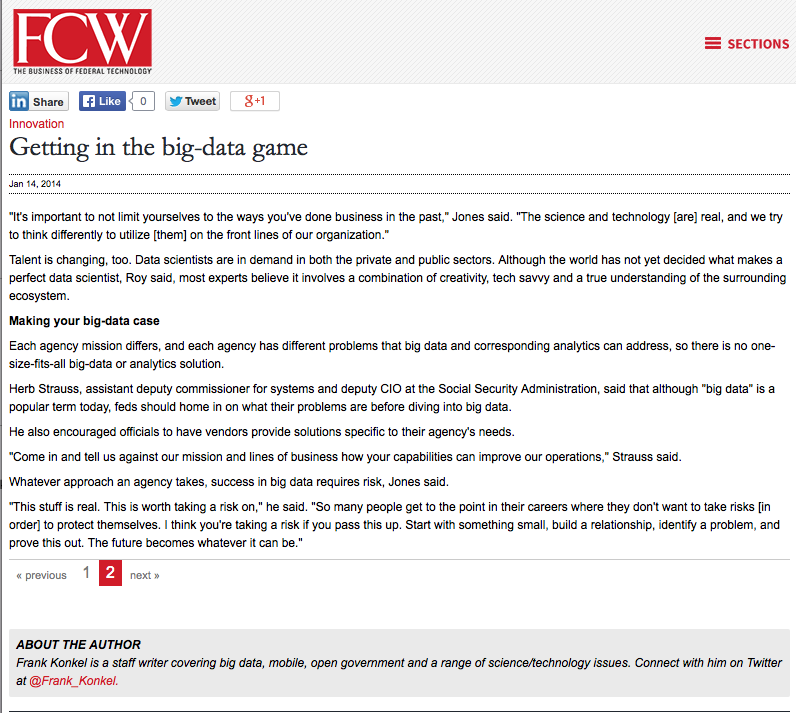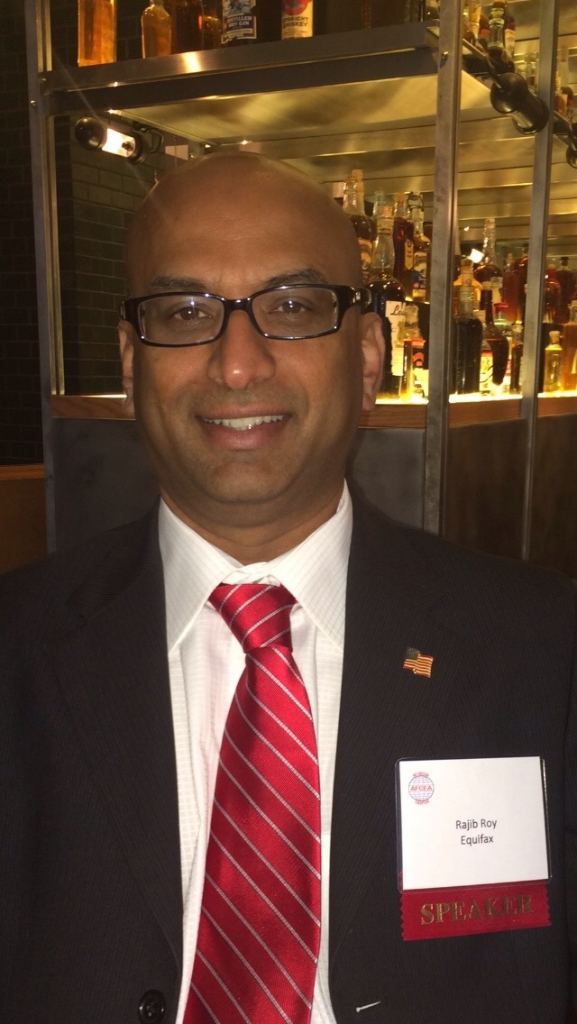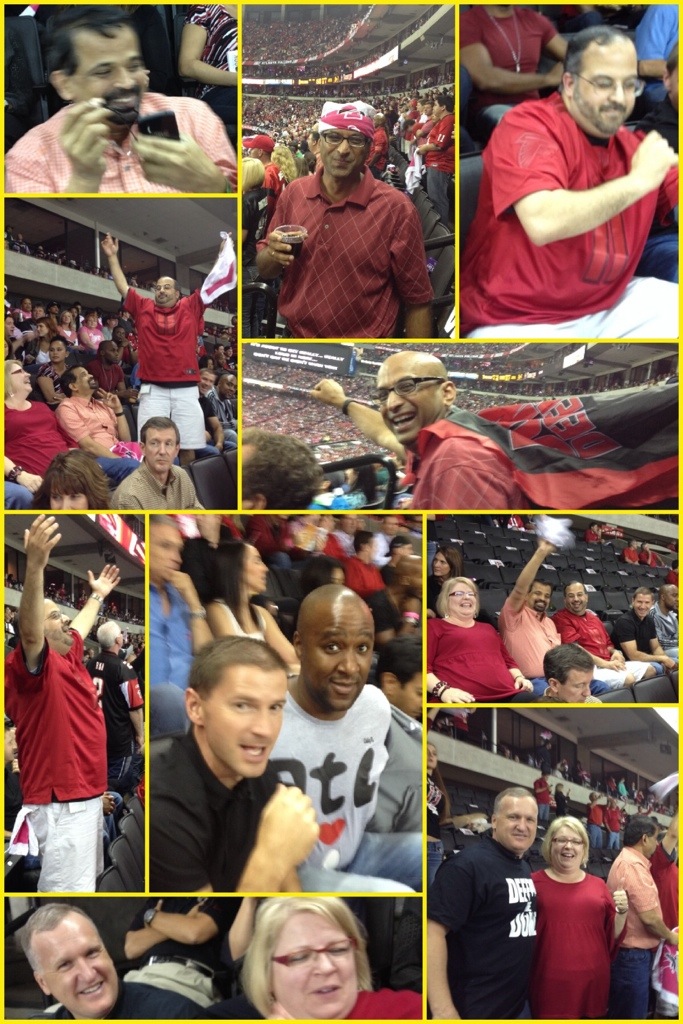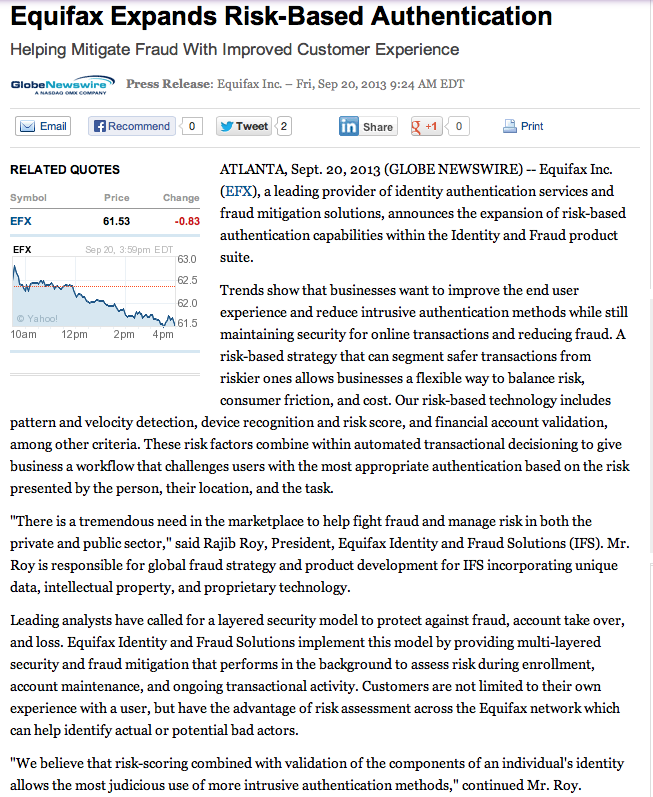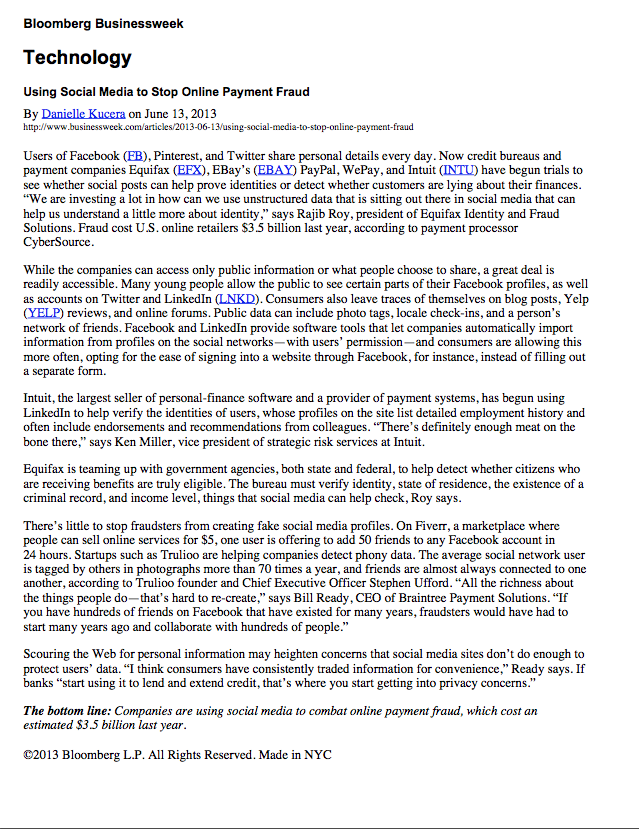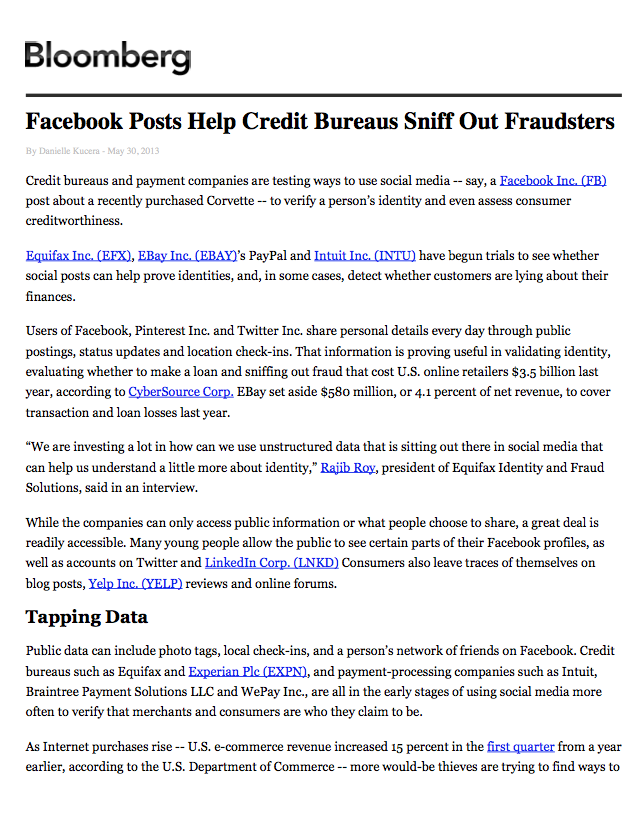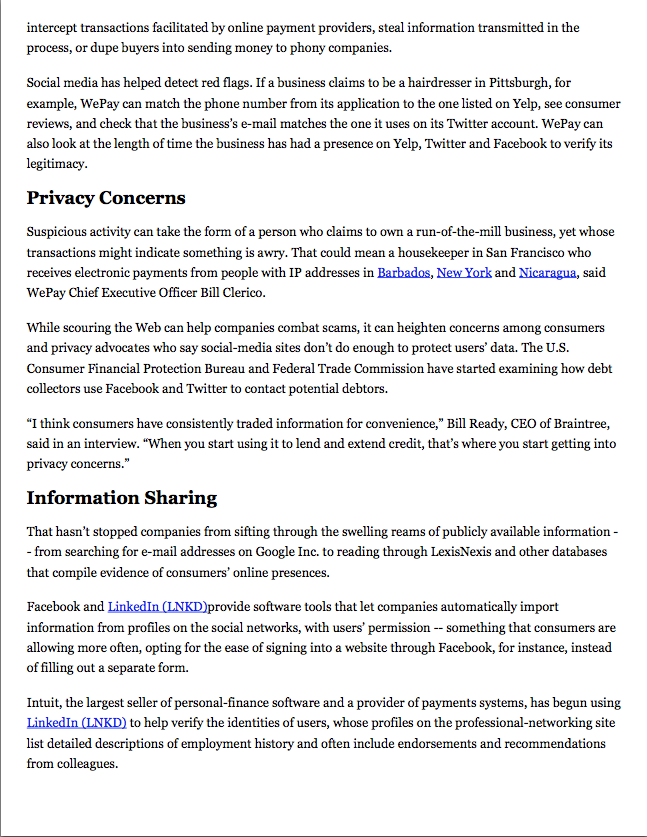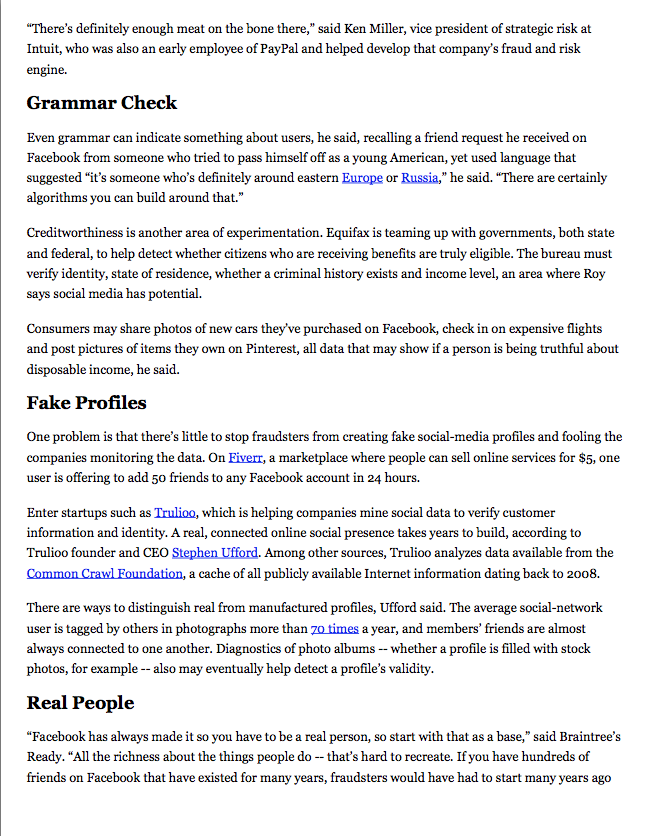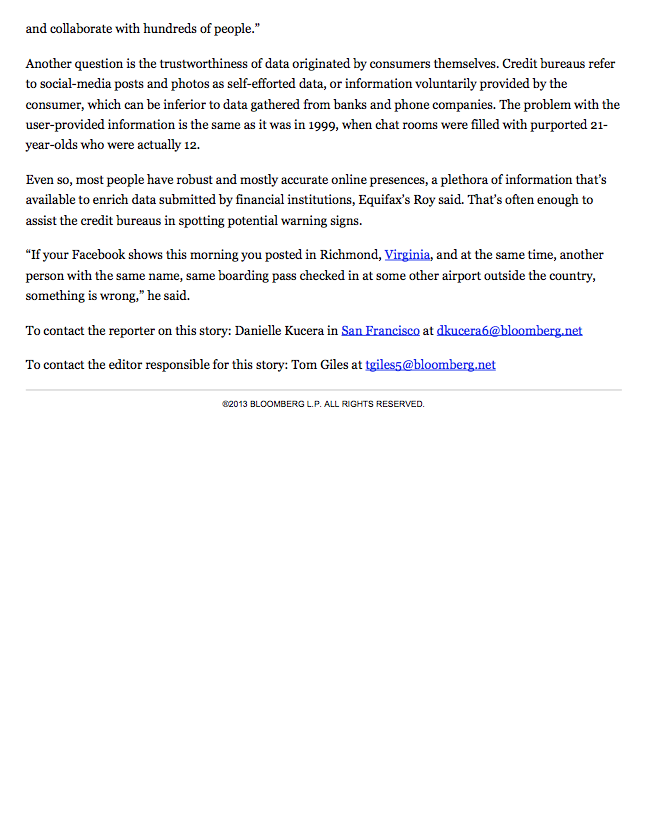Came across this article written by Dilbert-creator Scott Adams. (thanks to Rich Huffman). Should make most policy makers, teachers and parents think.
Here is the full text:
I understand why the top students in America study physics, chemistry, calculus and classic literature. The kids in this brainy group are the future professors, scientists, thinkers and engineers who will propel civilization forward. But why do we make B students sit through these same classes? That’s like trying to train your cat to do your taxes—a waste of time and money. Wouldn’t it make more sense to teach B students something useful, like entrepreneurship?
I speak from experience because I majored in entrepreneurship at Hartwick College in Oneonta, N.Y. Technically, my major was economics. But the unsung advantage of attending a small college is that you can mold your experience any way you want.
There was a small business on our campus called The Coffee House. It served beer and snacks, and featured live entertainment. It was managed by students, and it was a money-losing mess, subsidized by the college. I thought I could make a difference, so I applied for an opening as the so-called Minister of Finance. I landed the job, thanks to my impressive interviewing skills, my can-do attitude and the fact that everyone else in the solar system had more interesting plans.
The drinking age in those days was 18, and the entire compensation package for the managers of The Coffee House was free beer. That goes a long way toward explaining why the accounting system consisted of seven students trying to remember where all the money went. I thought we could do better. So I proposed to my accounting professor that for three course credits I would build and operate a proper accounting system for the business. And so I did. It was a great experience. Meanwhile, some of my peers were taking courses in art history so they’d be prepared to remember what art looked like just in case anyone asked.
One day the managers of The Coffee House had a meeting to discuss two topics. First, our Minister of Employment was recommending that we fire a bartender, who happened to be one of my best friends. Second, we needed to choose a leader for our group. On the first question, there was a general consensus that my friend lacked both the will and the potential to master the bartending arts. I reluctantly voted with the majority to fire him.
But when it came to discussing who should be our new leader, I pointed out that my friend—the soon-to-be-fired bartender—was tall, good-looking and so gifted at b.s. that he’d be the perfect leader. By the end of the meeting I had persuaded the group to fire the worst bartender that any of us had ever seen…and ask him if he would consider being our leader. My friend nailed the interview and became our Commissioner. He went on to do a terrific job. That was the year I learned everything I know about management.
At about the same time, this same friend, along with my roommate and me, hatched a plan to become the student managers of our dormitory and to get paid to do it. The idea involved replacing all of the professional staff, including the resident assistant, security guard and even the cleaning crew, with students who would be paid to do the work. We imagined forming a dorm government to manage elections for various jobs, set out penalties for misbehavior and generally take care of business. And we imagined that the three of us, being the visionaries for this scheme, would run the show.
We pitched our entrepreneurial idea to the dean and his staff. To our surprise, the dean said that if we could get a majority of next year’s dorm residents to agree to our scheme, the college would back it.
It was a high hurdle, but a loophole made it easier to clear. We only needed a majority of students who said they planned to live in the dorm next year. And we had plenty of friends who were happy to plan just about anything so long as they could later change their minds. That’s the year I learned that if there’s a loophole, someone’s going to drive a truck through it, and the people in the truck will get paid better than the people under it.
The dean required that our first order of business in the fall would be creating a dorm constitution and getting it ratified. That sounded like a nightmare to organize. To save time, I wrote the constitution over the summer and didn’t mention it when classes resumed. We held a constitutional convention to collect everyone’s input, and I listened to two hours of diverse opinions. At the end of the meeting I volunteered to take on the daunting task of crafting a document that reflected all of the varied and sometimes conflicting opinions that had been aired. I waited a week, made copies of the document that I had written over the summer, presented it to the dorm as their own ideas and watched it get approved in a landslide vote. That was the year I learned everything I know about getting buy-in.
“Why do we make B students sit through the same classes as their brainy peers? That’s like trying to train your cat to do your taxes—a waste of time and money. Wouldn’t it make sense to teach them something useful instead?”
For the next two years my friends and I each had a private room at no cost, a base salary and the experience of managing the dorm. On some nights I also got paid to do overnight security, while also getting paid to clean the laundry room. At the end of my security shift I would go to The Coffee House and balance the books.
My college days were full of entrepreneurial stories of this sort. When my friends and I couldn’t get the gym to give us space for our informal games of indoor soccer, we considered our options. The gym’s rule was that only organized groups could reserve time. A few days later we took another run at it, but this time we were an organized soccer club, and I was the president. My executive duties included filling out a form to register the club and remembering to bring the ball.
By the time I graduated, I had mastered the strange art of transforming nothing into something. Every good thing that has happened to me as an adult can be traced back to that training. Several years later, I finished my MBA at Berkeley’s Haas School of Business. That was the fine-tuning I needed to see the world through an entrepreneur’s eyes.
If you’re having a hard time imagining what an education in entrepreneurship should include, allow me to prime the pump with some lessons I’ve learned along the way.
Combine Skills. The first thing you should learn in a course on entrepreneurship is how to make yourself valuable. It’s unlikely that any average student can develop a world-class skill in one particular area. But it’s easy to learn how to do several different things fairly well. I succeeded as a cartoonist with negligible art talent, some basic writing skills, an ordinary sense of humor and a bit of experience in the business world. The “Dilbert” comic is a combination of all four skills. The world has plenty of better artists, smarter writers, funnier humorists and more experienced business people. The rare part is that each of those modest skills is collected in one person. That’s how value is created.
Fail Forward. If you’re taking risks, and you probably should, you can find yourself failing 90% of the time. The trick is to get paid while you’re doing the failing and to use the experience to gain skills that will be useful later. I failed at my first career in banking. I failed at my second career with the phone company. But you’d be surprised at how many of the skills I learned in those careers can be applied to almost any field, including cartooning. Students should be taught that failure is a process, not an obstacle.
Find the Action. In my senior year of college I asked my adviser how I should pursue my goal of being a banker. He told me to figure out where the most innovation in banking was happening and to move there. And so I did. Banking didn’t work out for me, but the advice still holds: Move to where the action is. Distance is your enemy.
Attract Luck. You can’t manage luck directly, but you can manage your career in a way that makes it easier for luck to find you. To succeed, first you must do something. And if that doesn’t work, which can be 90% of the time, do something else. Luck finds the doers. Readers of the Journal will find this point obvious. It’s not obvious to a teenager.
Conquer Fear. I took classes in public speaking in college and a few more during my corporate days. That training was marginally useful for learning how to mask nervousness in public. Then I took the Dale Carnegie course. It was life-changing. The Dale Carnegie method ignores speaking technique entirely and trains you instead to enjoy the experience of speaking to a crowd. Once you become relaxed in front of people, technique comes automatically. Over the years, I’ve given speeches to hundreds of audiences and enjoyed every minute on stage. But this isn’t a plug for Dale Carnegie. The point is that people can be trained to replace fear and shyness with enthusiasm. Every entrepreneur can use that skill.
Write Simply. I took a two-day class in business writing that taught me how to write direct sentences and to avoid extra words. Simplicity makes ideas powerful. Want examples? Read anything by Steve Jobs or Warren Buffett.
Learn Persuasion. Students of entrepreneurship should learn the art of persuasion in all its forms, including psychology, sales, marketing, negotiating, statistics and even design. Usually those skills are sprinkled across several disciplines. For entrepreneurs, it makes sense to teach them as a package.
That’s my starter list for the sort of classes that would serve B students well. The list is not meant to be complete. Obviously an entrepreneur would benefit from classes in finance, management and more.
Remember, children are our future, and the majority of them are B students. If that doesn’t scare you, it probably should.
